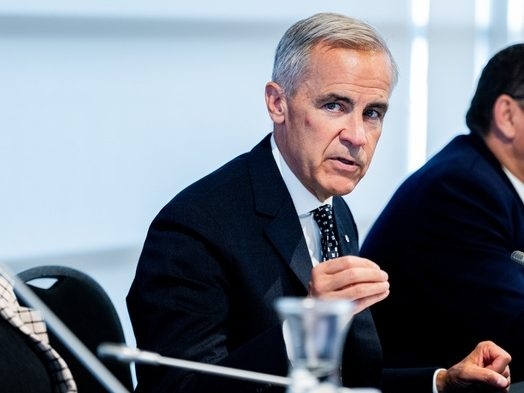A chilling echo of a thwarted terror plot reverberated within the walls of a Pennsylvania prison. Abdulrahman El Bahnasawy, already serving a 40-year sentence for his role in a 2016 ISIS-inspired attack on New York City, attacked two correctional officers with a weapon fashioned from his cell’s steel furniture.
The December 2020 assault unfolded at the U.S. Penitentiary Allenwood, where El Bahnasawy was an inmate. He brutally stabbed one officer in the head and face, inflicting injuries so severe the officer lost an eye. A second officer, intervening to help her colleague, was stabbed in the hand.
Investigators discovered a disturbing message hidden in El Bahnasawy’s sock immediately after he was subdued: “This is a terrorist attack for the Islamic State.” A chilling declaration of allegiance to ISIS was also taped to the inside of his locker, revealing the continued depth of his extremist beliefs.

El Bahnasawy’s original conviction stemmed from a meticulously planned operation to unleash chaos on New York City during Ramadan in 2016. He envisioned bombs detonating in Times Square and the subway system, coupled with a shooting spree at crowded concert venues.
The plot, years in the making, involved coordinating with accomplices across continents. Talha Haroon, a U.S. resident in Pakistan, and Russell Salic, a Philippines citizen, were instrumental in providing financial support and logistical planning for the attacks.
El Bahnasawy wasn’t merely theorizing; he actively acquired bomb-making materials and even secured a remote cabin near New York City to serve as a staging ground for the operation. He meticulously mapped out potential bomb locations within the subway system, demonstrating a terrifying level of preparation.
The scheme began to unravel with the intervention of an FBI agent posing as an ISIS sympathizer. This undercover operative infiltrated the group, gathering crucial intelligence that led to El Bahnasawy’s arrest in New York City in May 2016, after he travelled from Canada.
Haroon was apprehended in Pakistan shortly after, and Salic was arrested in the Philippines months later. The coordinated takedown prevented a catastrophic attack, but the ideology driving the plot remained a dangerous threat.
Now, facing additional charges of assault, attempted murder, and possession of contraband, El Bahnasawy could face up to 130 more years in prison. His history reveals a complex case, complicated by a diagnosis of bipolar disorder and struggles with addiction.
His family has previously voiced desperate pleas for his transfer to a Canadian prison, citing his severe depression and multiple suicide attempts while incarcerated. They hoped access to mental health facilities would provide a lifeline for their son, a man consumed by darkness and radicalized by extremist ideology.





